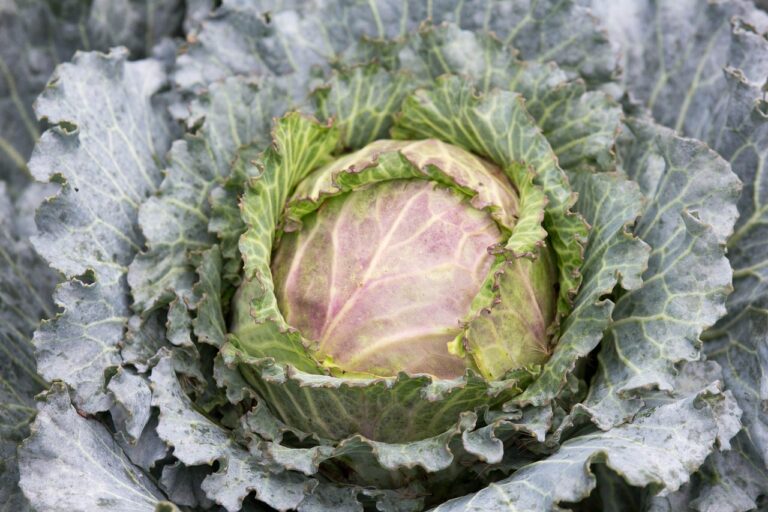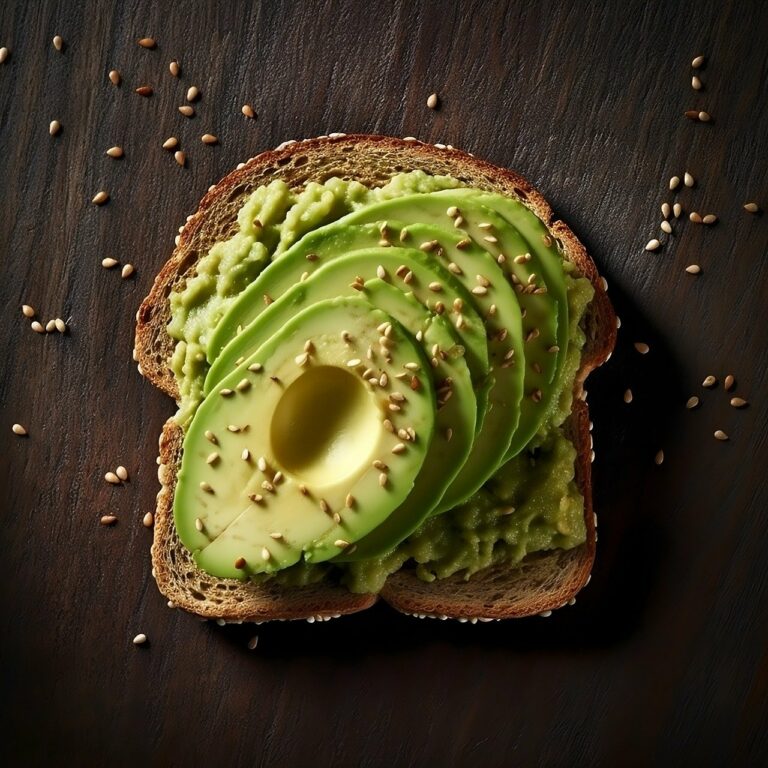Fermentation and Food Security: Empowering Communities to Cultivate and Preserve Their Own Food
allexchbet, 99exch, all panel.com: Fermentation and Food Security: Empowering Communities to Cultivate and Preserve Their Own Food
In today’s fast-paced world, food security is a critical issue that affects millions of people worldwide. With the increasing challenges posed by climate change, resource scarcity, and economic instability, many communities are struggling to access and preserve nutritious food. However, there is a solution that has been used for centuries to help communities cultivate and preserve their own food – fermentation.
Fermentation is a natural process that converts sugars and carbohydrates into alcohol, acids, or gases using microorganisms such as bacteria, yeast, or fungi. This process not only preserves food but also enhances its flavor, texture, and nutritional value. By harnessing the power of fermentation, communities can reduce food waste, increase food security, and promote a sustainable food system.
Empowering communities to cultivate and preserve their own food through fermentation has numerous benefits. It allows communities to take control of their food production, reduce their dependence on external sources, and create a more resilient food system. Additionally, fermented foods are rich in probiotics, which promote gut health and strengthen the immune system. By incorporating fermented foods into their diets, communities can improve their overall health and well-being.
There are many different types of fermented foods that communities can cultivate and preserve, including sauerkraut, kimchi, yogurt, kefir, kombucha, and sourdough bread. Each of these foods offers unique flavors and nutritional benefits, making them a versatile addition to any community’s diet. By learning how to ferment their own foods, communities can customize their recipes to suit their preferences and dietary needs.
One of the key advantages of fermentation is its ability to extend the shelf life of food. By fermenting vegetables, fruits, dairy products, and grains, communities can preserve their harvests and enjoy fresh, nutritious food throughout the year. This can be especially valuable in regions where access to fresh produce is limited due to seasonal or geographical constraints.
Furthermore, fermentation can help communities reduce food waste by utilizing ingredients that are past their prime or would otherwise be discarded. By fermenting surplus produce or leftover ingredients, communities can create delicious, nutrient-rich foods that would otherwise go to waste. This not only helps reduce food waste but also conserves valuable resources and reduces the environmental impact of food production.
In addition to its practical benefits, fermentation also plays a significant role in preserving cultural heritage and traditions. Many communities have long-standing traditions of fermenting foods, passed down through generations. By preserving these traditions and sharing them with younger generations, communities can maintain their cultural identity and strengthen social bonds.
Overall, fermentation is a powerful tool that can empower communities to cultivate and preserve their own food, increase food security, promote health and well-being, and preserve cultural heritage. By embracing the art of fermentation, communities can take control of their food supply, reduce food waste, and create a more sustainable and resilient food system.
—
Header 1: Getting Started with Fermentation
Header 2: Choosing the Right Ingredients
Header 3: Equipment Needed for Fermenting Foods
Header 4: The Fermentation Process
Header 5: Troubleshooting Common Fermentation Issues
Header 6: Incorporating Fermented Foods into Your Diet
Header 7: Building Community Through Fermentation Workshops
Header 8: The Environmental Benefits of Fermentation
Header 9: The Economic Impact of Fermentation on Communities
Header 10: Celebrating Diversity with Fermented Foods
—
FAQs
Q: Is fermentation safe?
A: When done properly, fermentation is a safe and effective way to preserve food. It is important to follow proper sanitation and fermentation techniques to ensure the safety of the final product.
Q: Can anyone ferment food at home?
A: Yes, anyone can learn to ferment food at home with the right knowledge and equipment. There are many resources available online and in books that can help beginners get started with fermentation.
Q: How long does fermented food last?
A: The shelf life of fermented food varies depending on the type of food and the fermentation process used. In general, fermented foods can last for several weeks to several months when stored properly.
Q: Are fermented foods good for gut health?
A: Yes, fermented foods are rich in probiotics, which are beneficial bacteria that promote gut health. Consuming fermented foods regularly can help improve digestion, boost the immune system, and support overall well-being.
Q: Can fermented foods be frozen?
A: Some fermented foods can be frozen, but freezing can affect the texture and flavor of the final product. It is best to consume fermented foods fresh or store them in a cool, dark place for optimal results.







